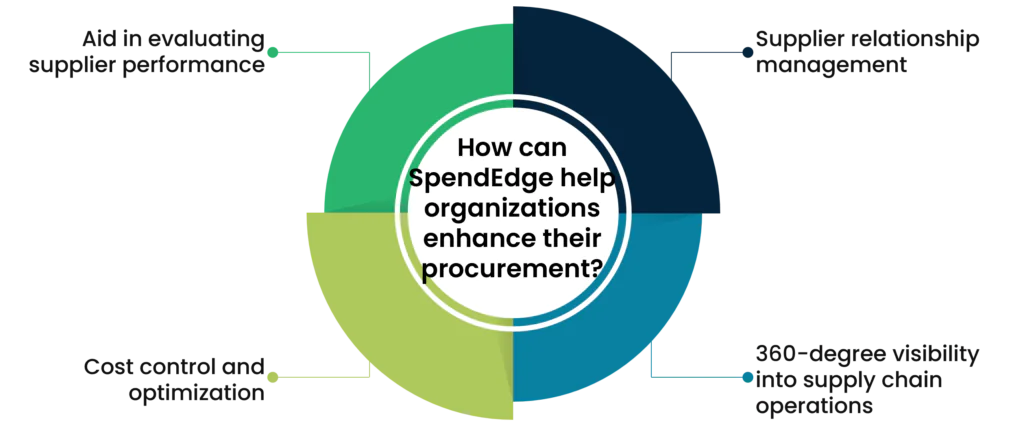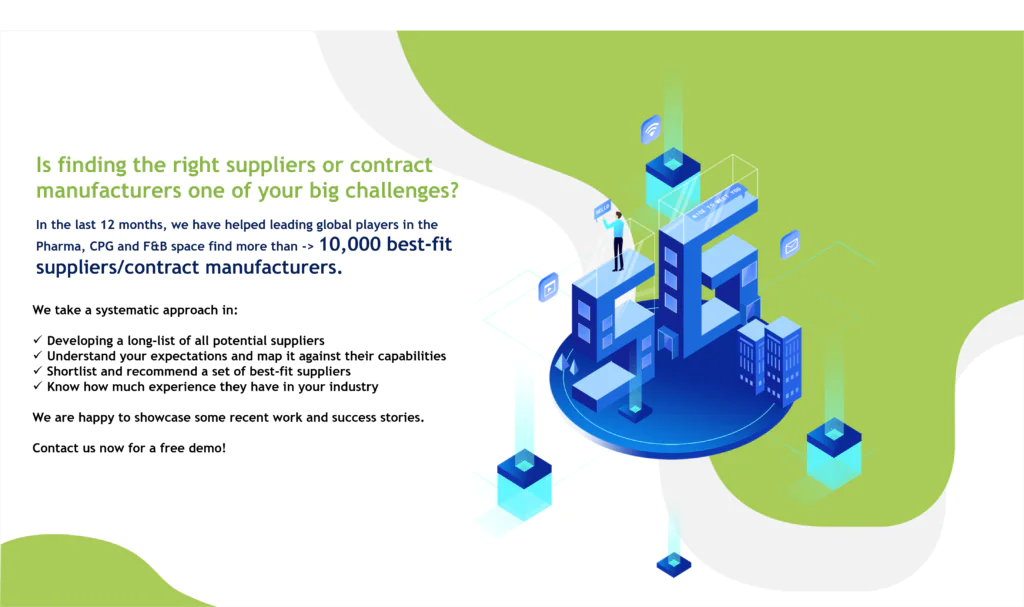By: Manpreet Kaur
Businesses are constantly evolving to become more efficient and stay competitive. However, relying on traditional paper-based purchase models and email-driven invoicing processes can create delays and hinder growth. Modern procurement involves interconnected activities that form the foundation of a business and aims to streamline procurement procedures through the use of automation tools or software. By embracing modern procurement practices, businesses can improve their operational efficiency and remain competitive in today’s digital world.
Modern procurement can greatly benefit businesses by providing strategic sourcing opportunities that align with the values of the business. Through modern procurement, businesses can identify areas for improvement and analyze them to optimize the entire purchase process. This can help minimize manual errors and eliminate bottlenecks. Relying solely on emails and spreadsheets for purchase activities can leave your business outdated. It’s time to move away from these information silos and upgrade to modern purchase procedures.
What are the challenges that can be faced by the procurement professionals?
The challenge of evaluating supplier performance:
Evaluating supplier performance poses a significant challenge for organizations. It involves assessing various factors such as quality, delivery, responsiveness, and cost-effectiveness. One of the primary challenges is obtaining accurate and comprehensive data on supplier performance. Organizations may struggle to collect relevant data, especially if suppliers are not transparent or if data collection processes are not well-established. Additionally, evaluating supplier performance requires defining clear performance metrics and benchmarks, which can be subjective and vary across organizations. Another challenge is the dynamic nature of supplier relationships, as performance can fluctuate over time. Overcoming these challenges requires effective data collection, standardized evaluation criteria, and regular communication.
Supplier management is a major concern of procurement leaders:
Supplier management is a critical area of focus for procurement leaders. It encompasses the processes and strategies involved in identifying, evaluating, selecting, and managing suppliers to meet the organization’s procurement needs effectively. Procurement leaders recognize that suppliers play a vital role in the overall success of the procurement function and the organization as a whole. Effective supplier management ensures that the right suppliers are engaged, contracts are negotiated and managed efficiently, and supplier performance is monitored and improved over time. By prioritizing supplier management, procurement leaders aim to enhance supplier relationships, mitigate risks, optimize costs, and drive overall procurement excellence.
The threat of supply chain disruptions due to a lack of supply chain visibility:
When there is a lack of visibility, organizations face challenges in identifying potential disruptions or issues that may arise at various stages of the supply chain. Without proper visibility, organizations may struggle to anticipate and mitigate risks such as delays, shortages, quality issues, or disruptions caused by natural disasters, geopolitical events, or unexpected market fluctuations. This lack of awareness can lead to significant disruptions in the flow of goods and services, impacting production schedules, customer satisfaction, and overall business performance. Furthermore, a lack of supply chain visibility can hinder effective decision-making and strategic planning. Organizations may find it difficult to optimize inventory levels and identify bottlenecks.
Increased costs of procurement and lack of savings:
Procurement costs can rise due to various factors such as inflation, market fluctuations, increased supplier prices, or inefficient procurement processes. These increased costs can have a negative impact on an organization’s overall financial performance. Additionally, the lack of savings in procurement can be attributed to several factors. It may result from missed opportunities to negotiate favorable contracts, ineffective supplier management, limited visibility into spending patterns, or inadequate utilization of technology and data analytics to identify cost-saving opportunities. By effectively managing costs and maximizing savings, organizations can enhance their financial performance and achieve greater efficiency in their procurement operations.
How can SpendEdge help organizations enhance their procurement activities?

Aid in evaluating supplier performance:
Our company offers a comprehensive understanding of the key performance indicators (KPIs) and service level agreements (SLAs) of the industries you are involved in. SLAs define the level of service that customers expect from their suppliers, while KPIs are used to measure whether the goals are being achieved. The data collected from KPIs can be analyzed to determine whether outcomes meet customer satisfaction. This also helps in identifying priorities or areas that require improvement to ensure that predefined outcomes are achieved. Real-time data collected during KPI analysis can be used to provide feedback on current trends and cost-saving initiatives.
Supplier relationship management: Help in controlling supplier actions
With our advanced analytics and market intelligence, we can help businesses identify and evaluate potential suppliers, assess their capabilities, and negotiate favorable contracts. Our platform offers real-time data and insights on supplier performance, risk assessment, and market trends, enabling businesses to make informed decisions and optimize their supplier relationships. Additionally, our supplier management intelligence streamlines the procurement process, ensuring efficient communication, collaboration, and compliance. Overall, SpendEdge empowers businesses to effectively manage their suppliers, reduce costs, mitigate risks, and drive sustainable growth.
360-degree visibility into supply chain operations:
Our service offers a comprehensive view of the supply chain process, covering all aspects from origin to delivery. By studying the supply chain insights, you can improve your understanding of the supply’s origins and identify any bottlenecks associated with it. You can also determine supplier responsibilities and classify risk factors based on impact and probability, helping you frame appropriate strategies to tackle potential risks well before they impact your operations. We also help you become aware of regulatory risks associated with suppliers and evaluate their practices regarding ESG and other sensitive social factors. By utilizing real-time insights from supply-side big data, we help you improve your operations.
Cost control and optimization:
Our team of experts can help you identify areas of overspending and underutilization, helping your business to reallocate resources and improve productivity while reducing wastage. By conducting a cost optimization analysis, we can also identify potential financial risks, such as cost overruns, which can help organizations minimize vulnerabilities and better navigate economic uncertainties. With our detailed cost breakdown analysis, we can provide you with the best possible deals by breaking down the total cost into various components using pie charts and graphs. This will help you understand the percentage contribution of each component to the total cost.
SpendEdge Services

Contact us now to solve your procurement problems!
Author’s Details
Manpreet Kaur
Assistant Manager Presales – Sourcing and Procurement Intelligence
Manpreet is a presales specialist at Infiniti Research and has expertise in sales, business strategy execution, and innovative solution design. She is actively involved in supporting clients from F&B, CPG, Healthcare, Pharma, Chemicals, BFSI, Oil & Gas and Automotive sectors.




